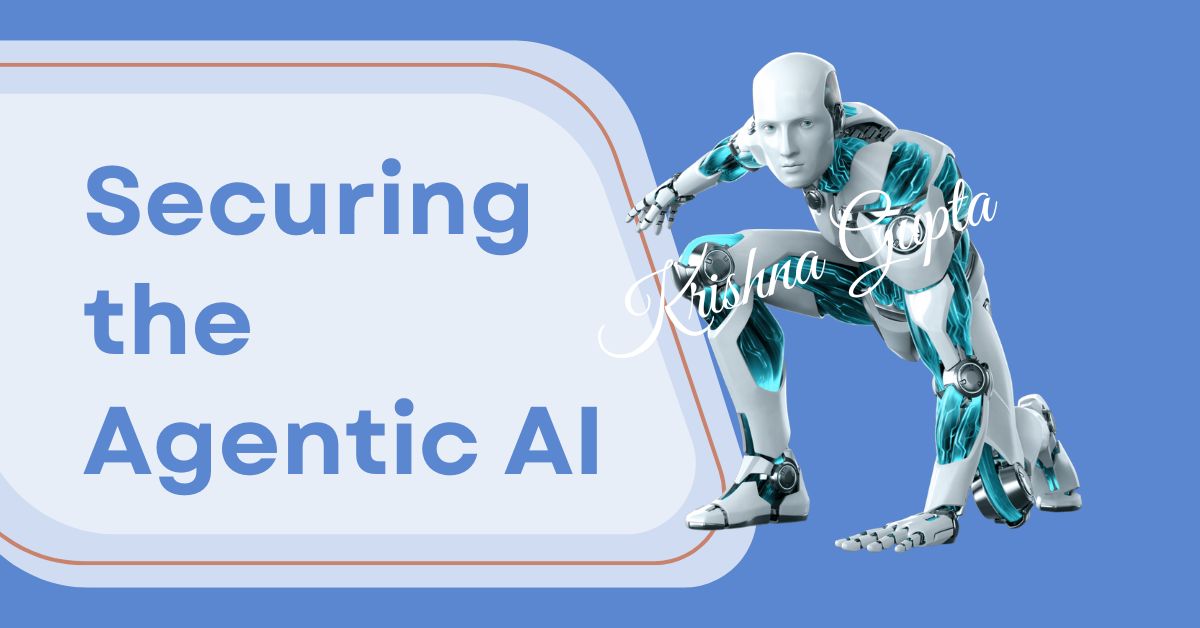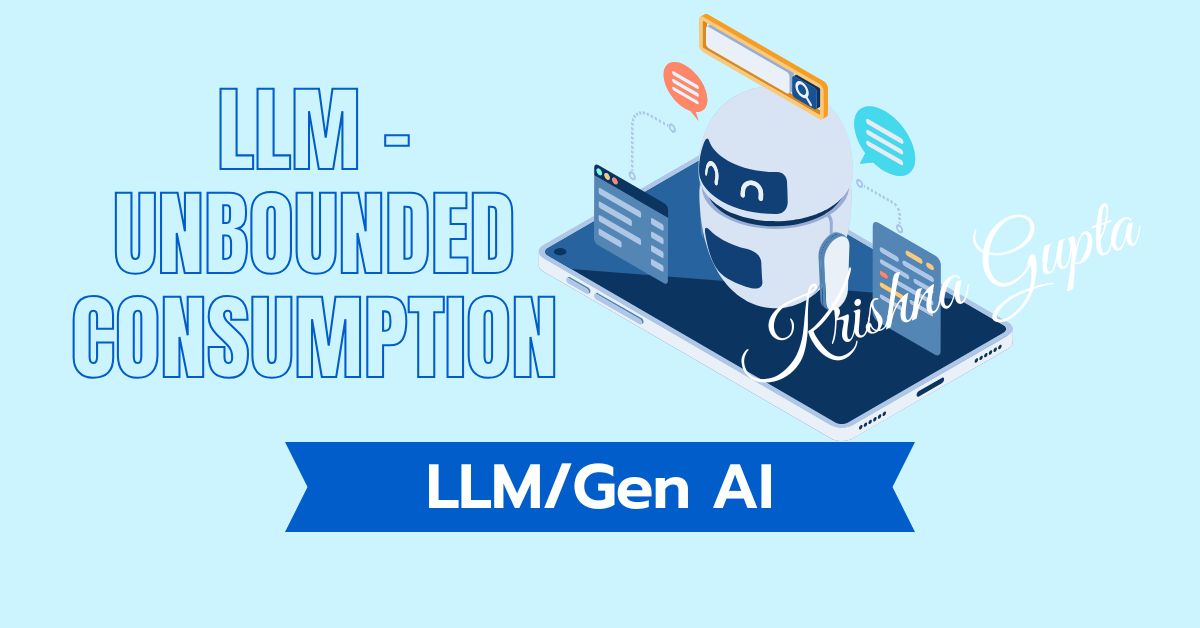Explainable AI in Information Security
In the escalating arms race between cyber defenders and attackers, artificial intelligence (AI) has emerged as a force multiplier—enabling real-time detection, adaptive response, and predictive threat intelligence. However, as these AI systems become increasingly complex, their decision-making processes often resemble a black box: powerful but opaque.
In sectors like healthcare or finance, the risks of opaque AI are already well-documented. But in cybersecurity—where decisions are made in seconds and the stakes are existential—lack of explainability is not just a technical inconvenience; it’s a business liability.
Security teams are already burdened by alert fatigue, tool sprawl, and talent shortages. Introducing opaque AI models into this environment, without explainable reasoning, exacerbates operational risks and undermines confidence in automated systems.
In a field that demands accountability, Explainable AI (XAI) isn’t a luxury—it’s a necessity.
From Security Operations Centre (SOC) analysts to CISOs and regulatory auditors, all stakeholders need clarity on what triggered a threat alert, why an incident was escalated, or how a threat actor was profiled. Without this transparency, false positives go unchallenged, real threats slip through, and strategic trust in AI-based defences begins to erode.
In this blog, we’ll explore how Explainable AI—XAI—helps transform cyber defence from a black-box model to a glass-box ecosystem, where decisions are not only accurate but also interpretable, auditable, and accountable.




